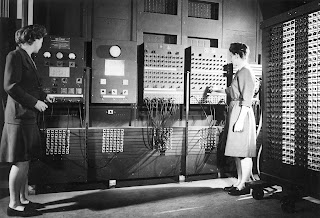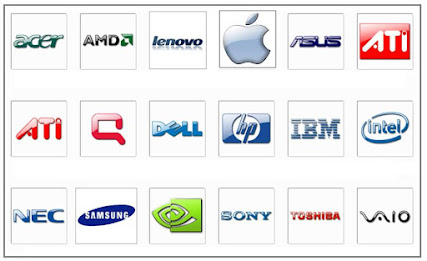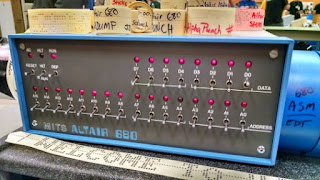Who Invented the First Computer?
An encyclopedia or Google will not be able to answer a question as easy as this: Who invented the first computer?
When we go further, we find a plethora of various answers, the most of which are correct.
In our search for an answer, we learn about the history of computing, meet its pioneers, and discover that we still don't know exactly what a computer is.
XEM THÊM :
Review game đánh bài đổi tiền thật số 1 với CHIẾT KHẤU hoành tráng
CHARLES BABBAGE AND THE MECHANICAL COMPUTER
Computers were humans before Babbage.
This was the designation given to persons who specialized in completing numerical calculations—those who spent long hours executing arithmetic operations, repeating the process over and over, and recording the results of their calculations in tables that were compiled in costly volumes.
Other professionals, such as artillery officers who decided how to aim cannons, tax collectors who computed taxes, and scientists who forecast the tides or the movement of the stars in the heavens, were greatly aided by these tables.
Napoleon commissioned Gaspard de Prony (22 July 1755 – 29 July 1839) at the conclusion of the 17th century.
Charles Babbage, a mathematician, philosopher, engineer, and inventor, did not let this failure deter him.
He focused all of his efforts on constructing the Analytical Engine, which was far more ambitious because it would be capable of executing even more complex calculations using multiplication and division computations.
Babbage never progressed beyond the design stage again, but it was the designs he began in 1837 that made him, if not the father of computing, at least a forerunner of what was to come.
Babbage's thousands of pages of annotations and sketches about the analytical engine included components and processes that can be found in any modern computer: a logical unit for performing arithmetic calculations (the equivalent of a processor or CPU), a control structure with instructions, and a memory.
THE THOMSON BROTHERS AND ANALOGUE COMPUTERS
The brilliant physicist William Thomson (Lord Kelvin) created a computer capable of conducting complex computations and predicting the tides in a particular location in 1872, one year after Charles Babbage died.
It is credited as the first analogue computer, with his brother James Thomson's differential analyser, which was created in 1876.
The latter gadget was a more complex and full version that used wheel and disc mechanics to solve differential equations by integration.
However, it would be decades later, well into the twentieth century, before H.L.
At MIT, Hazen and Vannevar Bush improved the mechanical analogue computer concept (Massachusetts Institute of Technology).
They created a differential analyser between 1928 and 1931 that was actually practical in that it could be utilized to answer a variety of problems, and so it might be regarded the first computer based on that criterion.
THE UNIVERSAL COMPUTING MACHINE AND TURING
By this time, these analogue machines could already perform some jobs better than human computers and were calculating at a faster rate, especially as their gears were replaced with electronic components.
They did, however, have one major flaw.
They were made to do one type of calculation, and if they were to be used for anything else, they'd be useless.
If Babbage's analytical machine had ever been developed, it would almost certainly have met the prerequisites for being a universal Turing machine (nearly a century earlier).
Turing created one of the first computers similar to modern computers, the Automatic Computing Engine, at the end of WWII, during which he assisted in deciphering the Enigma code of Nazi coded messages. The Automatic Computing Engine was digital and programmable, meaning it could be used for a variety of tasks by simply changing the program.
THE DIGITAL COMPUTER AND ZUSE
Turing devised the theoretical design of a computer, although he was not the first to put it into practice.
This award is given to an engineer who, for various reasons, was delayed to receive recognition.
READ ARTICLES :
he-art-of-sharing-healthy-lifestyle
different-types-of-mobile-apps
types-of-blogs-that-make-money
ways-for-college-students-to-earn-money
in-demand-business-ideas-for-you





Nhận xét
Đăng nhận xét